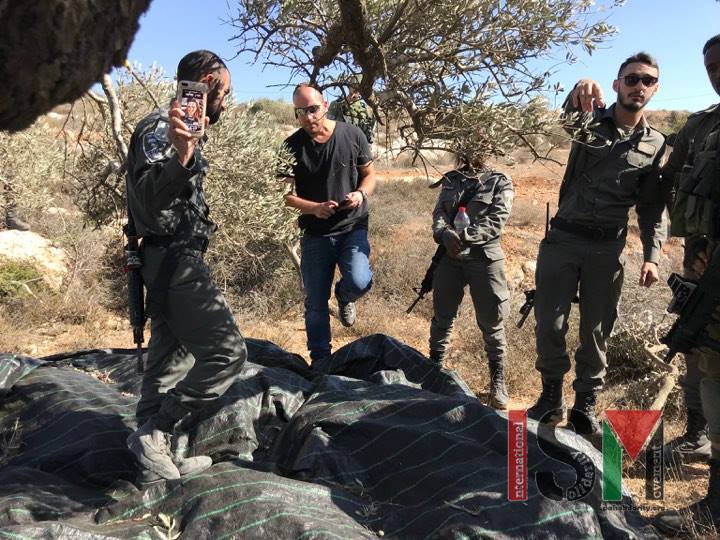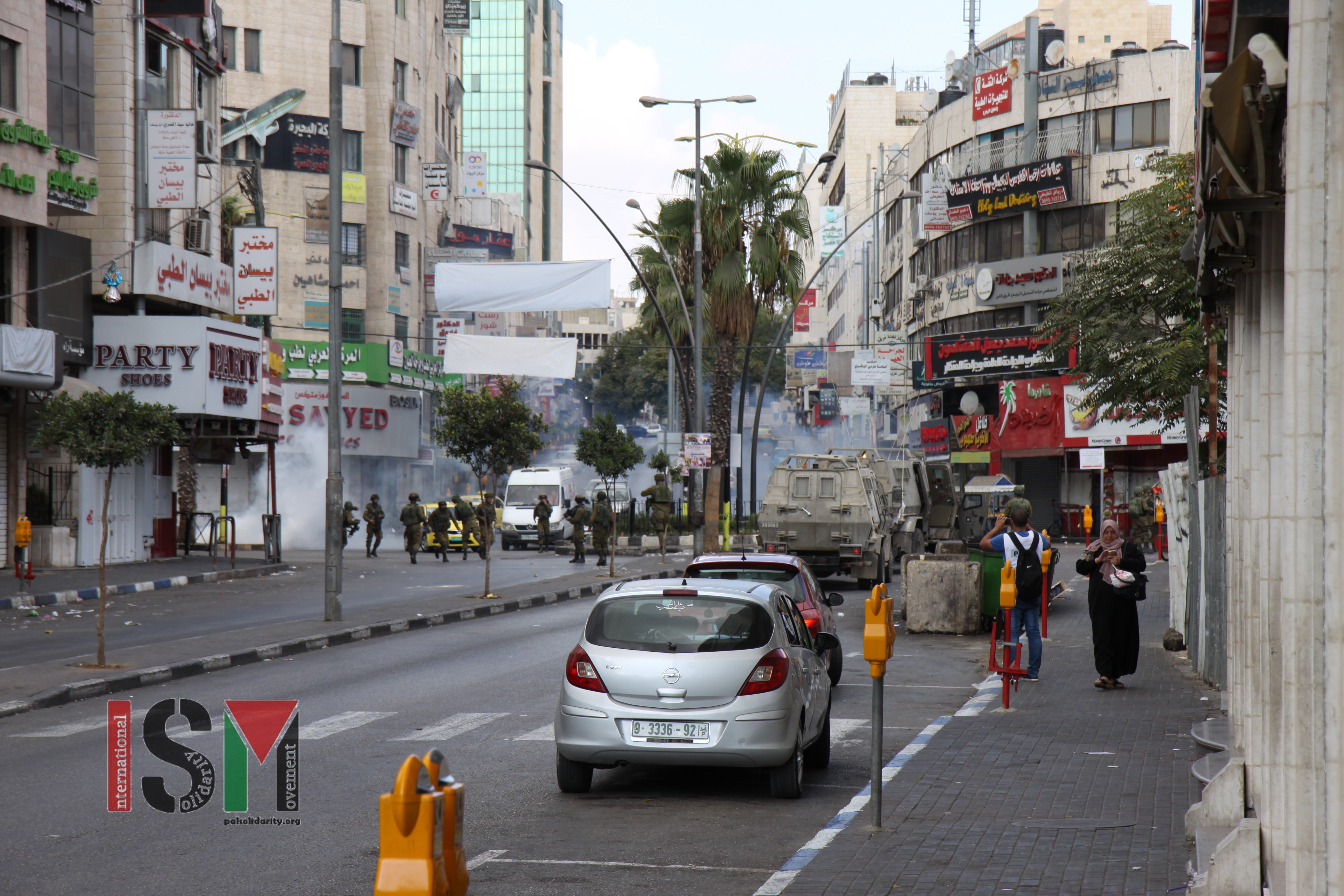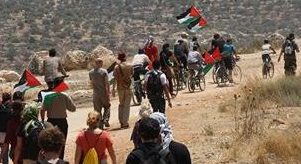Category: Press Releases
-
Israeli armed forces and settlers harassing farmers in As Sawiya
31st October 2017 | International Solidarity Movement, Nablus team | Nablus, Occupied Palestine On Sunday the 29th of October 2017 – near the Palestinian village As Sawiya – Palestinians and Internationals harvesting olives were met by the Israeli army. Three ISM’ers joined two Palestinian women harvesting in their family land. The family has been facing…
-
Israeli Armed Forces use Live Ammunition in Al-Khalil and Detain Two Boys
06th October 2017 | International Solidarity Movement, al-Khalil team | Hebron, Occupied Palestine On Friday the 06th of October, around 30 Israeli soldiers entered the H1 area of Al-Khalil with three armoured military vehicles. The Israeli armed forces entered the area at around 2.00pm, using sound grenades and tear gas around the central hub of…
-
Support ISM long-term volunteers in Palestine
5th October 2017 | International Solidarity Movement Since 2001 the International Solidarity Movement (ISM) has operated on the occupied Palestinian West Bank and in the Gaza Strip – since the second Intifada of 2001. As a Palestinian-led movement in solidarity with the right to self-determination of the Palestinian people, we have facilitated the deployment of…



